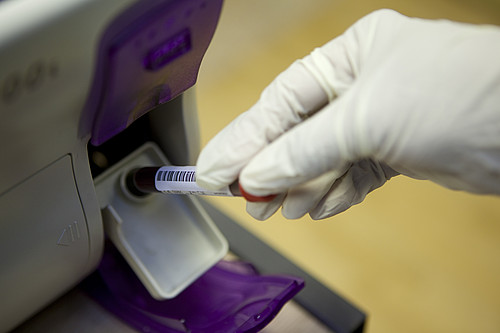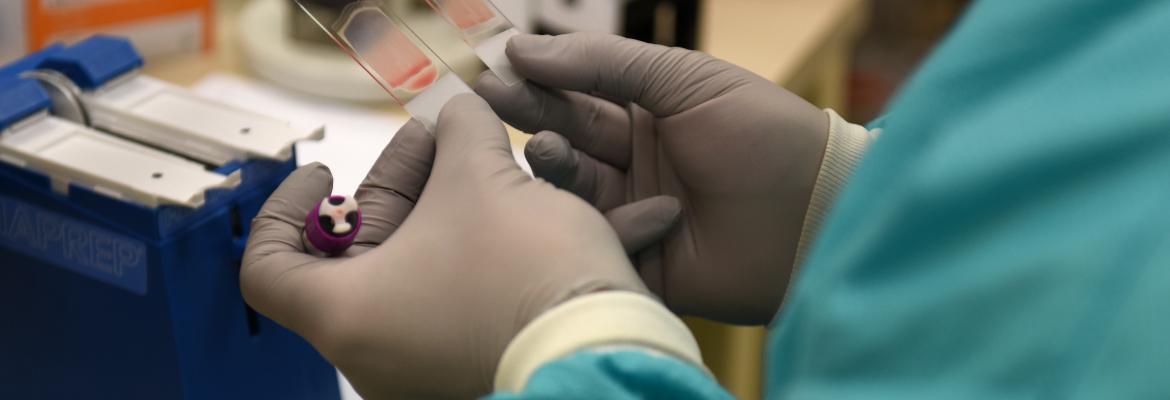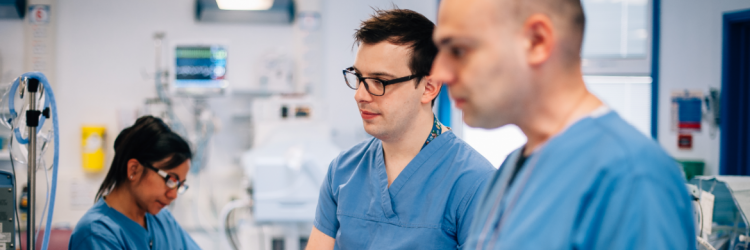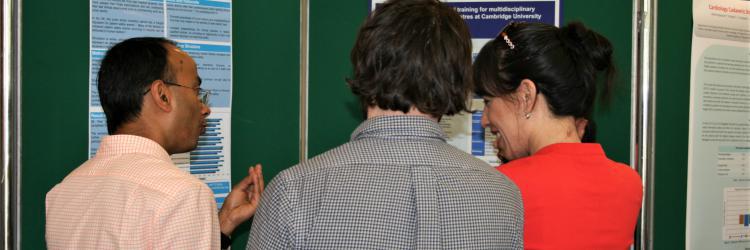Haematology in the East of England
Welcome to haematology in the East of England. Haematology training in the East of England comprises of three rotation blocks, the Central and Southern rotations are based at Addenbrooke’s Hospital and the other at Norfolk and Norwich Hospital. Central trainees based at Addenbrookes typically spend 3 years at Addenbrookes and 2 years in one of the local DGHs (Peterborough, Ipswich, Great Yarmouth or West Suffolk). Southern trainees will spend three years at Addenbrookes and two years in Southend, Basildon or Watford. Trainees based at Norfolk and Norwich typically rotate through Norfolk and Norwich, King’s Lynn, Great Yarmouth and Addenbrookes.
Core rotations undertaken at Addenbrookes include coagulation, paediatric haematology and bone marrow transplant.
Regional training days are scheduled approximately every 2 months and take place in various locations around the region. For most of 2021 these will take place remotely in line with reducing risk of covid-19 transmission. More information about the content and structure of these events can be found under the 'Training Days' tab.
Haematology in the United Kingdom encompasses both clinical and laboratory aspects of the specialty. Award of the CCT will require evidence of satisfactory completion of training in both of these aspects.
Attractions of the Specialty
A major attraction of haematology is the comprehensive clinical care offered to patients. Haematologists provide a complete diagnostic and therapeutic service for a wide variety of pathological disorders. Additional attractions are the challenges of intensive patient care on the one hand (for example, stem cell transplantation) and the operational challenge of delivering high quality care to large numbers of patients on the other (for example, anticoagulation). In addition, consultant haematologists are responsible for the strategic development of laboratory aspects of haematology and in conjunction with a senior technologist or clinical scientist have day-to-day involvement in laboratory management.
Haematology is a science-led discipline and is a clear example of the early application of advances in medical knowledge to clinical care. Finally, and in addition to the responsibility for their own patients, haematologists are frequently asked to advise on diagnostic and therapeutic problems in a wide range of specialties. Consultant haematologists typically have extensive knowledge of how the hospital operates and will inevitably work in conjunction with all consultant colleagues in their hospital. A haematologist is therefore a central figure in the hospital-wide delivery of clinical care and for this reason they often play a major role in service development.





